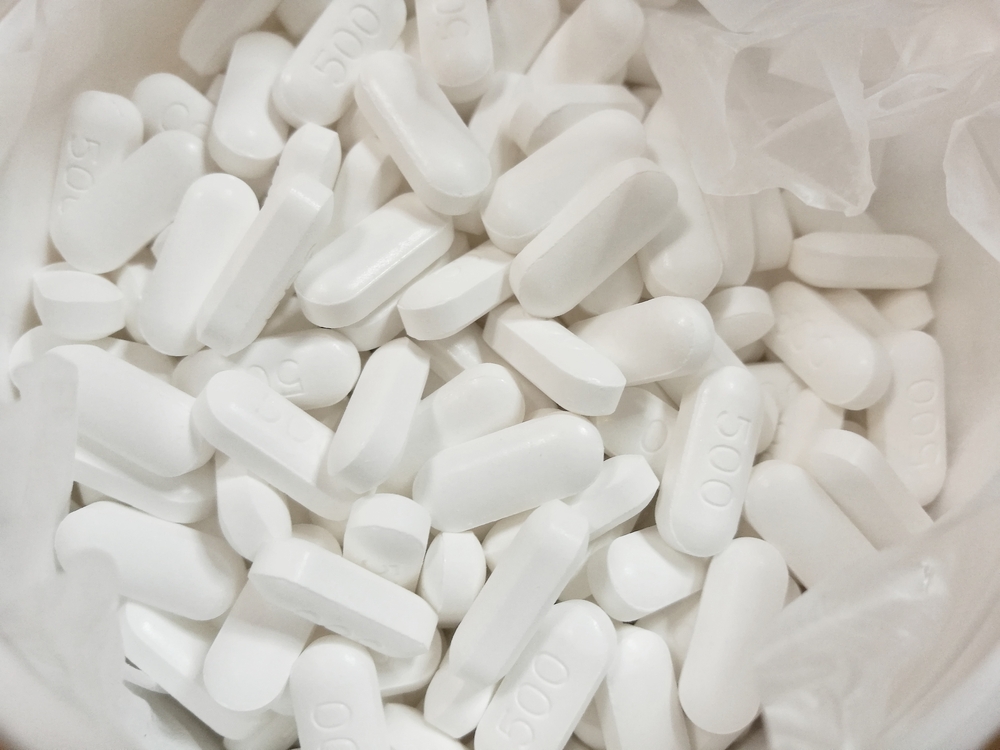DMD Access to Deflazacort Will Continue Until Cost of Its Replacement, Emflaza, Is Decided, Marathon Says
Written by |

Access to deflazacort, the key ingredient in Emflaza — the recently approved treatment for Duchenne muscular dystrophy (DMD) whose introduction into the U.S. was halted on Tuesday amid outrage over its price — will continue while the Duchenne community works with the drug’s maker to address pricing and other issues, a DMD advocacy group announced.
The Duchenne community has been assured by Marathon Pharmaceuticals that “during this pause, access to deflazacort will not be disrupted,” Parent Project Muscular Dystrophy (PPMD), the largest patient organization in the U.S., stated on its website.
Marathon, for its part, said it will continue to supply Emflaza free of charge to the 800 DMD patients already enrolled in its Extended Access Program (EAP) for deflazacort, called ACCESS DMD, which the company set up well before the drug’s approval by the U.S. Food and Drug Administration (FDA) on Feb 9. Patients can also continue to apply to enter this EAP, the company said, adding “we will make that possible for free.”
Patients ordering the drug from other countries through Masters Speciality Pharma can also continue to do so until Emflaza is commercially available in the U.S.
Marathon CEO Jeff Aronin surprised many on Tuesday by “pausing” efforts to bring Emflaza to the American market so the company can address criticism of the drug’s expected list price — $89,000 a year — and concerns about how that price might affect patients’ coverage of other DMD therapies, such as Exondys 51. The company’s decision to temporarily pause U.S. sales, he said in a letter, was to allow for more discussions between Marathon, DMD patients, caregivers, and other stakeholders “before a launch price is finalized.”
“We will meet with caregivers and explain our commercialization plans, review their concerns, discuss all options, and move forward with commercialization based on an agreed plan of action,” Aronin wrote in the letter.
Continued conversation is welcome, PPMD agreed. The “hefty price tag” was an alarming note to the good news that a steroid treatment for DMD had finally been approved by the FDA, opening access to more patients. But “this is not a new drug,” which raises questions about the price Marathon is expecting to command, PPMD says on its website.
In many countries, including Canada and the U.K., deflazacort has long been used by DMD patients to slow the decline in muscle strength. Like other corticosteroids, it works to reduce inflammation and suppress the immune system.
But in other countries, unlike in the U.S., deflazacort is available for about $1,200.
Aronin and other Marathon officials noted in a Feb. 10 webinar hosted by PPMD that the drug’s planned list price was a reflection of the many years of development and testing that was required for FDA approval, and were essential to learning more about deflazacort, like “proper dosing, potential side effects and drug-to-drug interactions.”
They also said that its price of $89,000 per year was no higher than other drugs recently introduced to treat rare, or orphan, diseases such as DMD. Orphan diseases are defined in the U.S. as those affecting fewer than 200,000 people, and their treatments often command higher prices because a smaller patient pool will use them.
Spinraza, a drug made by Biogen and approved in late December to treat another rare disease, spinal muscular atrophy (SMA), has a list price of $125,000 a year. First-year costs of treatment could run as high as $750,000. But Spinraza is the first approved SMA drug, and was not built upon a treatment widely used elsewhere.
When setting Emflaza’s cost, Aronin said, the company considered both its invested resources, plans for future research, and its ability to ensure that a broad range of patients can access the drug, using Marathon’s patient assistance program for insurance coverage called EMFLAZACares. That program puts patients or caregivers in touch with specialists to review insurance access and options, set up for the drug’s delivery to the home, and will have nurse case managers available. For information about this program, call 1-844-EMFLAZA (1-844-363-5292).
If the company profits from Emflaza sales, Aronin said the money would be channeled by Marathon into more research into Duchenne MD and its possible treatments.
According to published reports, U.S. Rep. Robert Aderholt, the Republican chairman of the House appropriations subcommittee that funds the FDA, called Marathon’s planned price for Emflaza a “tipping point” given the drug’s relatively wide availability for a markedly cheaper price prior to its U.S. approval.
It makes “me question whether the current construct of how the FDA approves orphan drugs does more harm than good if companies have found a way to game the system,” the lawmaker said.





